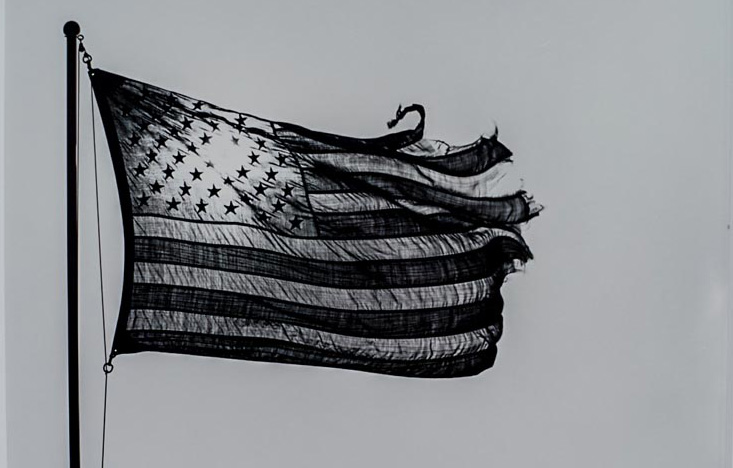November 11, 2016
Densho is dedicated to promoting social justice by sharing stories of the World War II Japanese American incarceration. Japanese Americans have felt firsthand the impacts of racism and bigotry in this country. Now we feel a moral imperative to take a stand against these racist and misogynist actions, as well as the rhetoric and ideologies that embolden them.
Earlier this fall, activist and lawyer Dale Minami delivered a keynote address at our 20th anniversary gala. His words have all-new meaning now that we face an era of civic engagement under a presidential regime openly endorsed by white supremacist groups:
“We marry activism with the knowledge of history because justice is not self executing. It is not a gift, it’s a challenge. And we cannot rely just on our institutions to protect us, we need allies of all colors and races like we had for the redress movement. We should understand that dissent is not the enemy of patriotism.”
We see this moment as a call to action. We need to engage with our community, step up our civic engagement, and open dialogues even with those who might not share our political views. This work needs to happen in our own families, in our communities, and with our elected officials.
We’ll be talking more soon about our next steps, but here are five things we all can do now:
- Support or volunteer with organizations committed to defending the rights and civil liberties of those who have been targeted during this election cycle: people of color, Muslim Americans, immigrants, women, and members of the LGBTQ community.
- While keeping your safety in mind, learn how to be an upstander when you witness racial harassment or violence. This short video provides some helpful tips. If you witness or are victimized by election-related hate crimes, report them to the Southern Poverty Law Center. It is imperative that we track these incidents so that we can work to address them.
- Sign this petition calling on President-Elect Donald Trump to publicly disavow all forms of bigotry and assure the country that no one associated with a hate group or any form of extremism will have a position, a voice or influence in his administration.
- Get involved with your Congressional representatives as well as local and statewide elected officials, even when this means working across party lines. Hold them accountable to representing your voice and the concerns of your community.
- Create time and space for interpersonal and community dialogues, both with the people who agree with you and those who hold conflicting political beliefs.
—
[Blog header: Robert Mapplethorpe’s “American Flag,” 1977. In the essay, The Resilence of the American Flag, Kristian Goodard writes: “Robert Mapplethorpe’s American Flag photograph from 1977 is one of the greatest examples of the resilience of the American Flag. There is something fragile and defeated about the image, and yet it is testimony to the endurance of the flag that, despite its appearance, stills flies in the wind.”]

